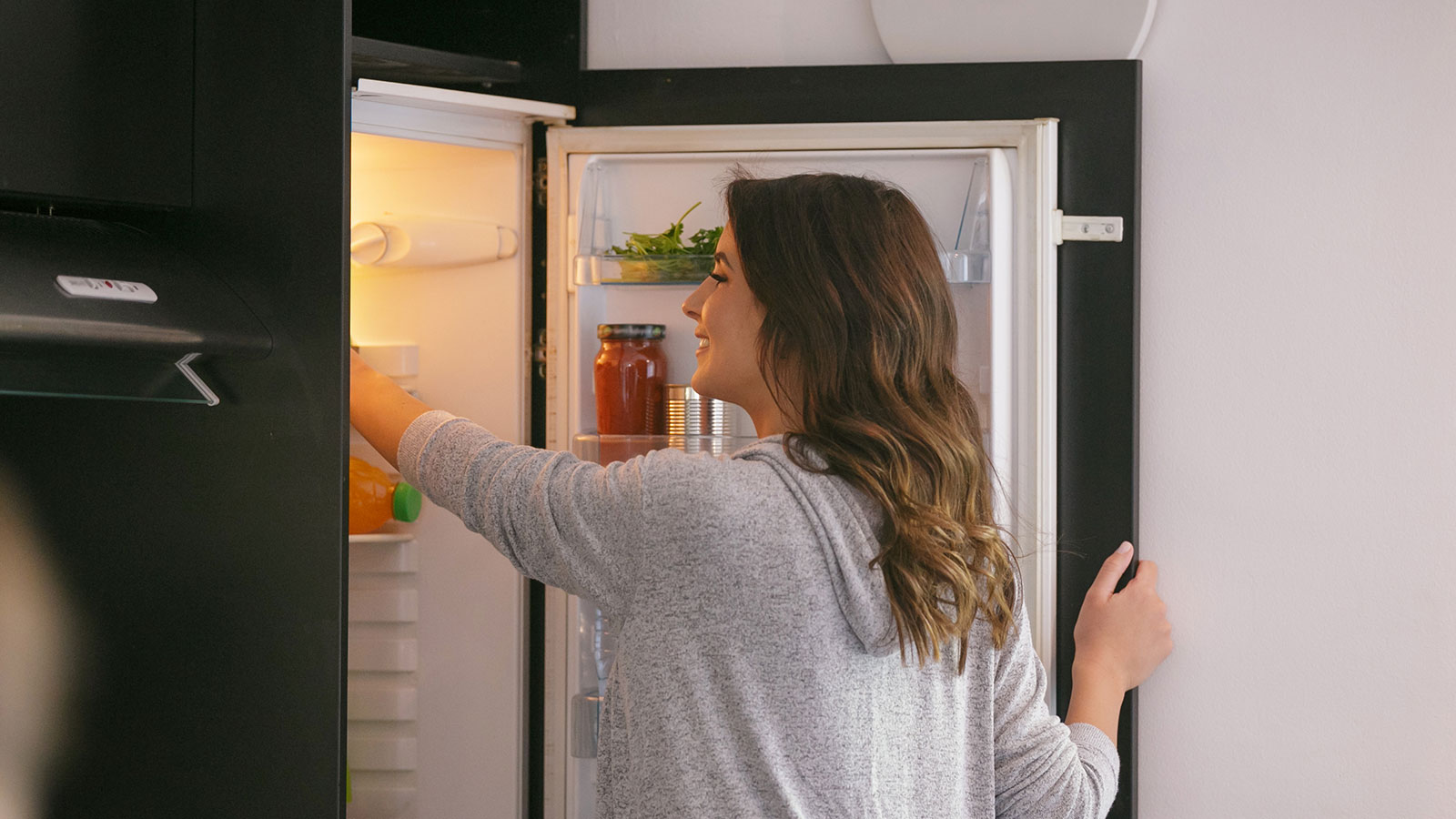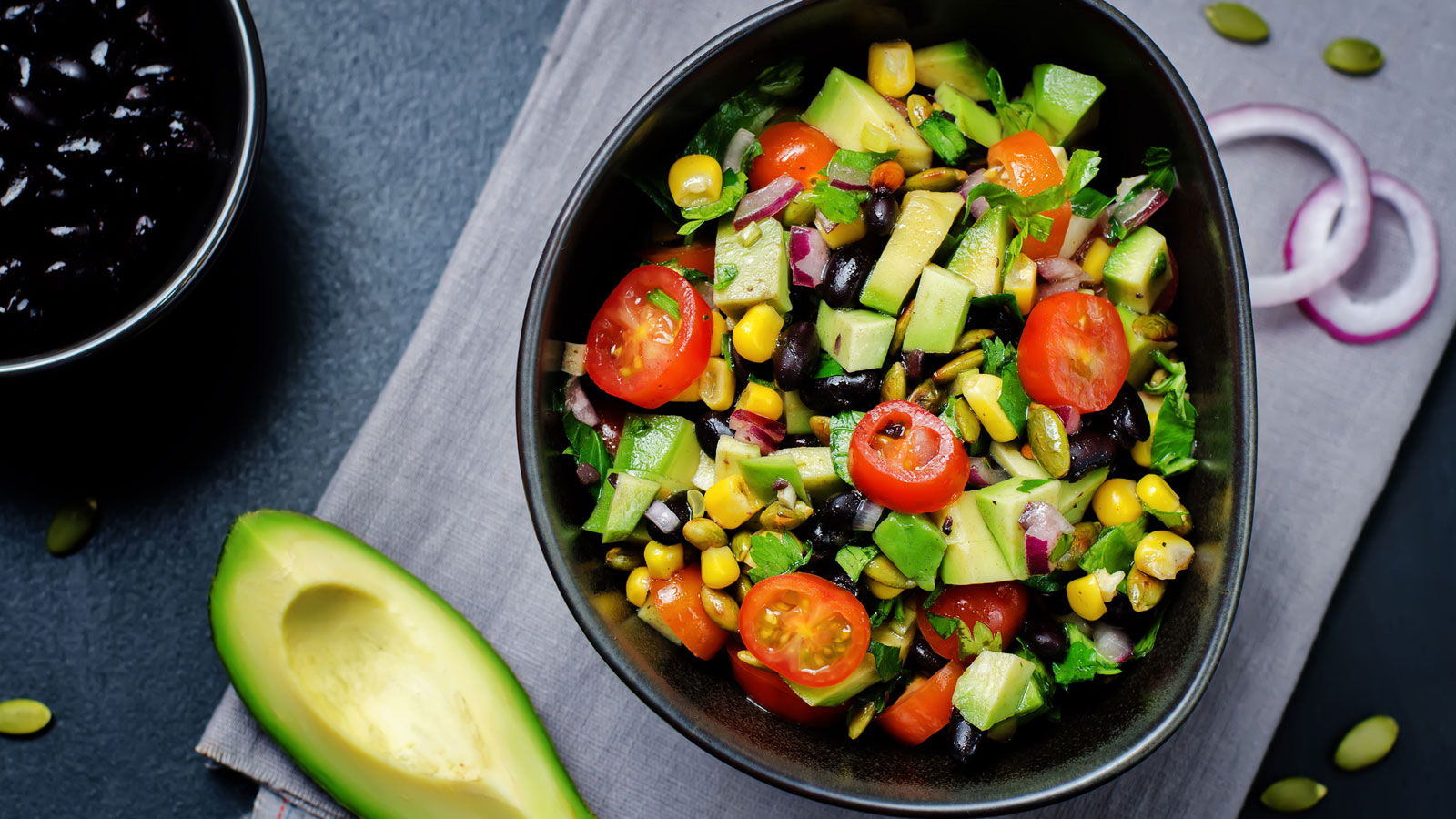Is the Gurgle in Your Gut Telling You Something?
Is stomach pain or gas hitting you at the worst possible times? While you can’t always control your body’s response, these expert tips can help you find relief and manage GI issues.

By Auguste Turnier, MD, Virtua Gastroenterology
How completely inconvenient…you've spent weeks preparing a presentation and your stomach has decided to turn against you. With your gut churning and gurgling, how are you going to get through it with a straight face?
Sound familiar? That “gurgle in your gut” always seems to happen when you least expect it. You can’t always control your body’s response. But, with some helpful prevention and treatment tips, you can manage GI issues when they strike.
Some of the most common complaints from both men and women include gas, bloating, nausea, diarrhea, constipation, and crampy abdominal pain. While these can be symptoms associated with a variety of conditions, irritable bowel syndrome (IBS) tends to be the most common offender. IBS often results when the carefully orchestrated process of muscle contraction that controls food ingestion and digestion stops working as it should.
Common causes of digestive issues
The cause of IBS or other GI distress could be as simple as the food you’re eating. Fatty foods, spicy foods, carbonated beverages, artificial sweeteners, and chocolate are frequently associated with IBS. You might also notice that certain vegetables like broccoli, cauliflower, or cabbage haven’t “agreed” with you lately. And don’t forget lactose, the sugar found in milk. Millions of people are lactose intolerant and suffer digestive issues after consuming dairy products.
Stress is also a common cause of IBS, since the complex nervous system that controls your digestive tract is influenced by the brain.
6 Tips for Relieving Stomach Issues
When you just need relief, here are some treatment tips that may help you right away and improve your digestive health over the long-term:
-
For bloating and cramps, try a probiotic.
A probiotic (supplement that contains healthy gut bacteria such as lactobacillus or bifidobacterium), a lactase enzyme supplement (like Lactaid) if you suspect dairy may be the issue, or a peppermint supplement may help ease these symptoms. -
Start keeping a food diary.
It may help you connect your symptoms with a specific food. -
Stay hydrated to help with constipation and diarrhea.
-
Make sure you are getting enough fiber.
This could mean adding more fruits, veggies, and whole grains to your diet. A supplement can help if high-fiber foods are causing gas. -
Relax
It can be hard to keep calm. We underestimate how much stress can impact how our bodies work. Try to ease symptoms with breathing exercises, meditation or yoga. -
Check for over-the-counter digestive remedies that match your symptoms.
These might include active ingredients like simethicone (like Gas-X) or bismuth subsalicylate (like Pepto Bismol).
Although IBS rarely leads to severe complications, it can be tricky to diagnose. Only your doctor can properly determine what's causing your problems. It’s always best to consult with your primary care doctor or gastrointestinal specialist if symptoms persist.
Schedule a consultation with a GI specialist
To learn about Virtua gastroenterology or to schedule an appointment with a Virtua gastroenterologist, please call 888-847-8823.
There's So Much More to Explore
Discover expert insights, inspiring stories, health tips, and more by exploring the content below!

Can Your Gut Health Affect Your Heart?

At-Home Colon Cancer Tests vs. Colonoscopy: Which Screening Option Is Right for You?

8 Signs It's Time to See a Gastroenterologist

HeartTalk Magazine

6 Tips for an Easier Colonoscopy Prep

Don't Drink Alcohol? You Could Still Get Fatty Liver Disease

How to Relieve Bloating Fast: Simple Tips for Quick Comfort

COMFORTing Tips to Avoid Holiday Heartburn

Allegra Is Thriving With Crohn's Disease

The Best and Worst Foods for Acid Reflux

How to Manage IBS Symptoms and Feel in Control Again

Is the Gurgle in Your Gut Telling You Something?

IBS and Alcohol: Can You Still Enjoy a Drink?

Why Coffee Makes You Poop: A Comprehensive Guide

Colitis Symptoms Under Control, Jennifer Is ‘Living My Best Life’

Gut-Healthy Recipe: Turmeric Chicken With Asparagus

Gut Health Recipe: Chipotle Salmon and Sweet Potato Bowl

Sarah Wins Back Her Health After Crohn's Disease Diagnosis

Gut-Health Recipe: Shrimp and Vegetable Stir Fry

Gut-Health Recipe: Berry Yogurt Parfait

